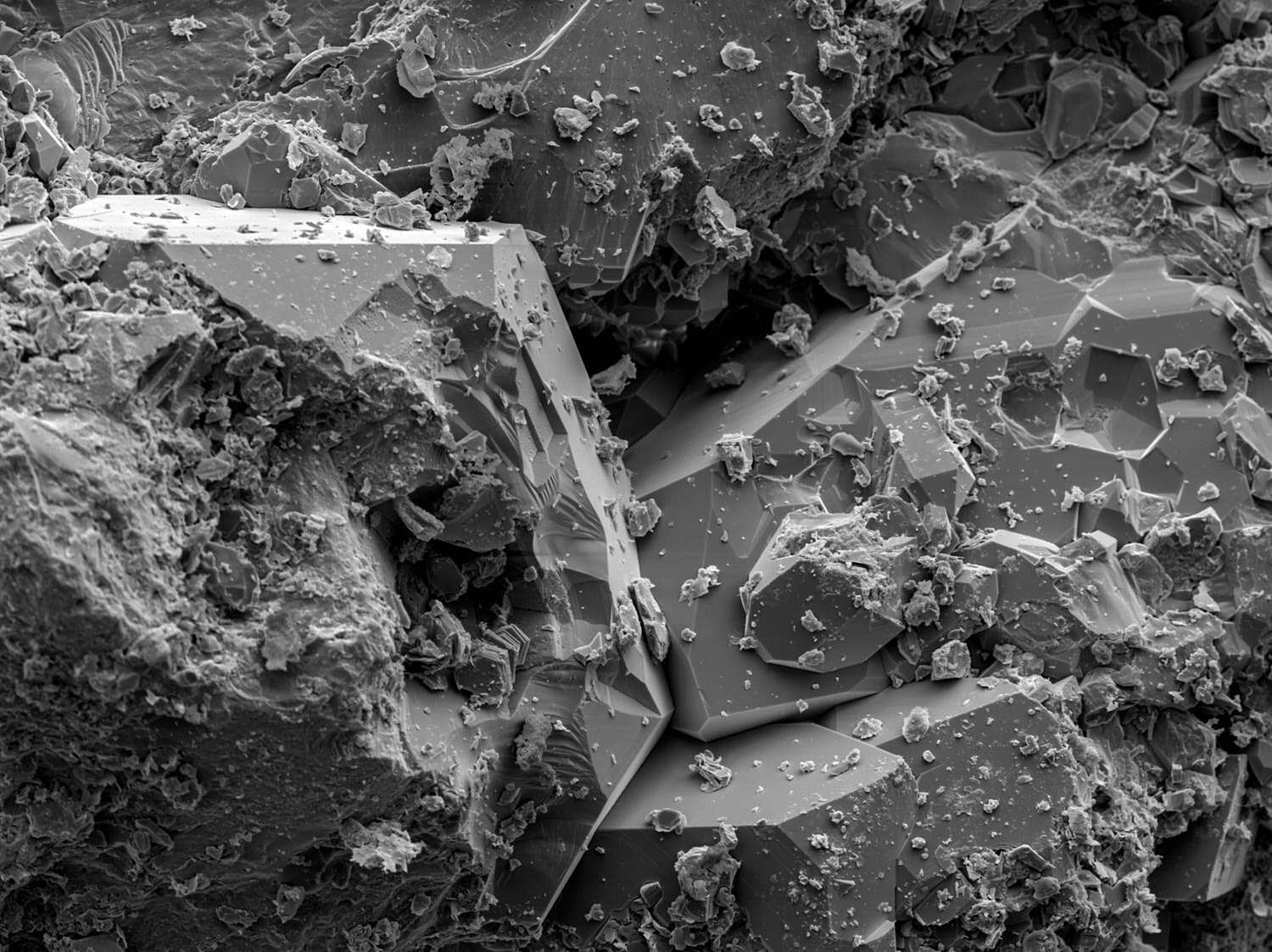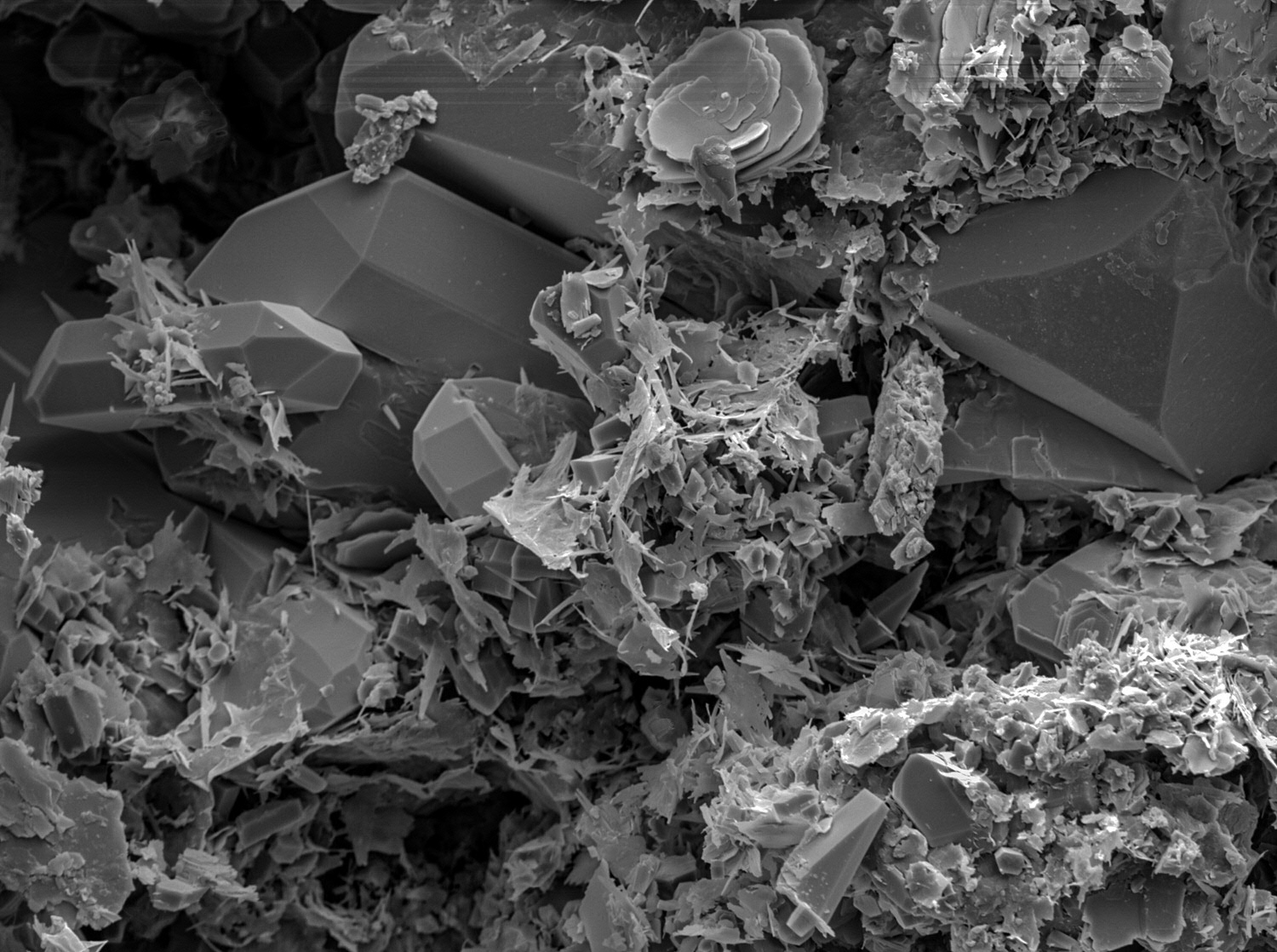DeepNL grant for Dr. Miocic
Dr. Johannes Miocic of the Energy and Sustainability Research Institute Groningen ( ESRIG ) has been awarded a DeepNL grant by the Netherlands Organization for Scientific Research (NWO). The grant of EUR 750,000 is for his project ‘The role of heterogeneity in controlling the geomechanical behaviour of sandstone reservoirs’.
The earthquakes in the Groningen area are due to sandstone compacting as a result of gas removal. The compaction process depends on the type of sand grains, their shape, the space between the grains, and minerals cementing the grains together – in other words, the petrography. Miocic will use microscopical and chemical analyses as well as compaction experiments to study these aspects in Groningen sandstone samples. This will allow computer predictions of the petrography of the whole area. The results will help forecast where the sandstone is likely to compact in the future and thus where subsidence could occur.
DeepNL
The aim of DeepNL is to contribute to a better understanding of how the deep subsurface behaves under the influence of human interventions.


| Last modified: | 08 March 2021 12.47 p.m. |
More news
-
29 April 2024
Tactile sensors
Every two weeks, UG Makers puts the spotlight on a researcher who has created something tangible, ranging from homemade measuring equipment for academic research to small or larger products that can change our daily lives. That is how UG...
-
29 April 2024
Behind the scenes: how UG and Hanze UAS students are jointly developing a Mars rover
This year the students of the Makercie team are participating in the physical edition of the European Rover Challenge in Poland. Read more about the team and the collaboration between the RUG and Hanze UAS here.
-
23 April 2024
Nine MSCA Doctoral Network grants for FSE researchers
Nine researchers of the Faculty of Science and Engineering have received a Horizon Europe Marie Sklodowska Curie Doctoral Network grant.
